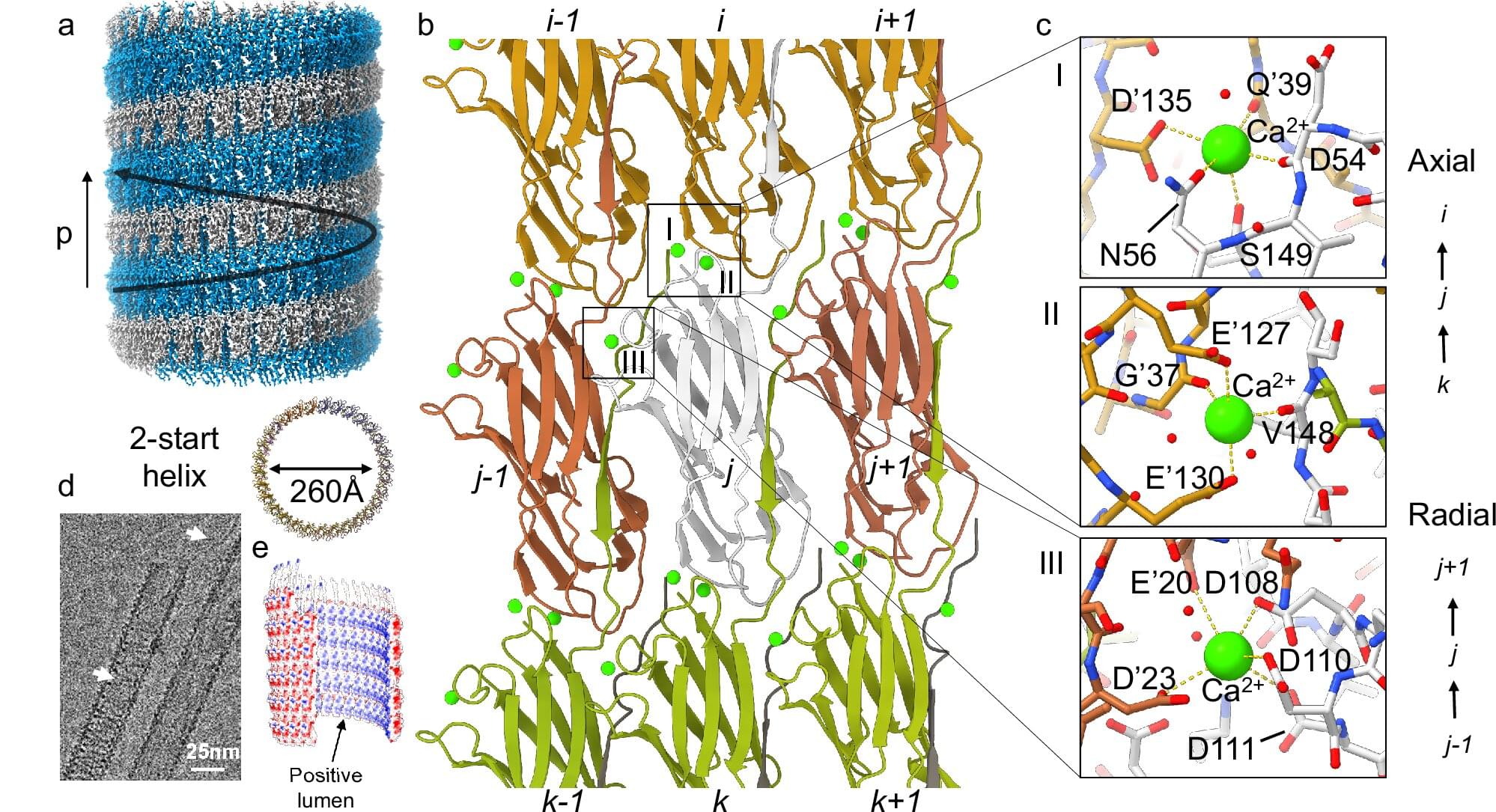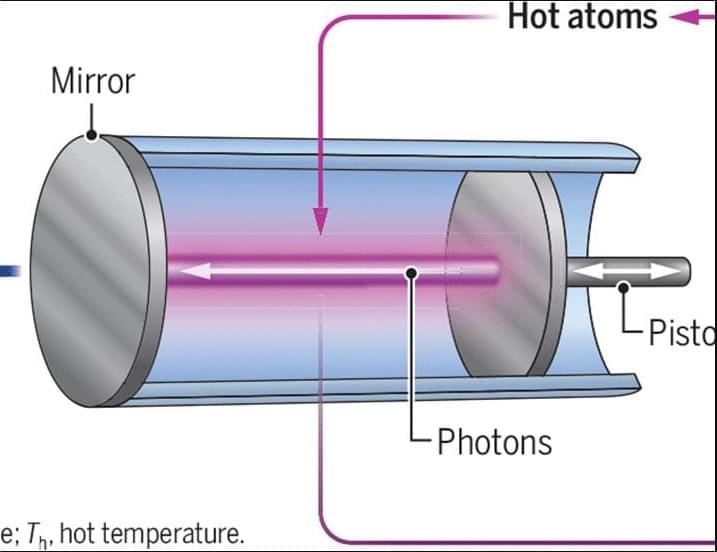An international collaboration led by Cornell researchers used a combination of psilocybin and the rabies virus to map how—and where—the psychedelic compound rewires the connections in the brain.
Specifically, they showed psilocybin weakens the cortico-cortical feedback loops that can lock people into negative thinking. Psilocybin also strengthens pathways to subcortical regions that turn sensory perceptions into action, essentially enhancing sensory-motor responses.
The findings were published Dec. 5 in Cell. The lead author is postdoctoral researcher Quan Jiang.








